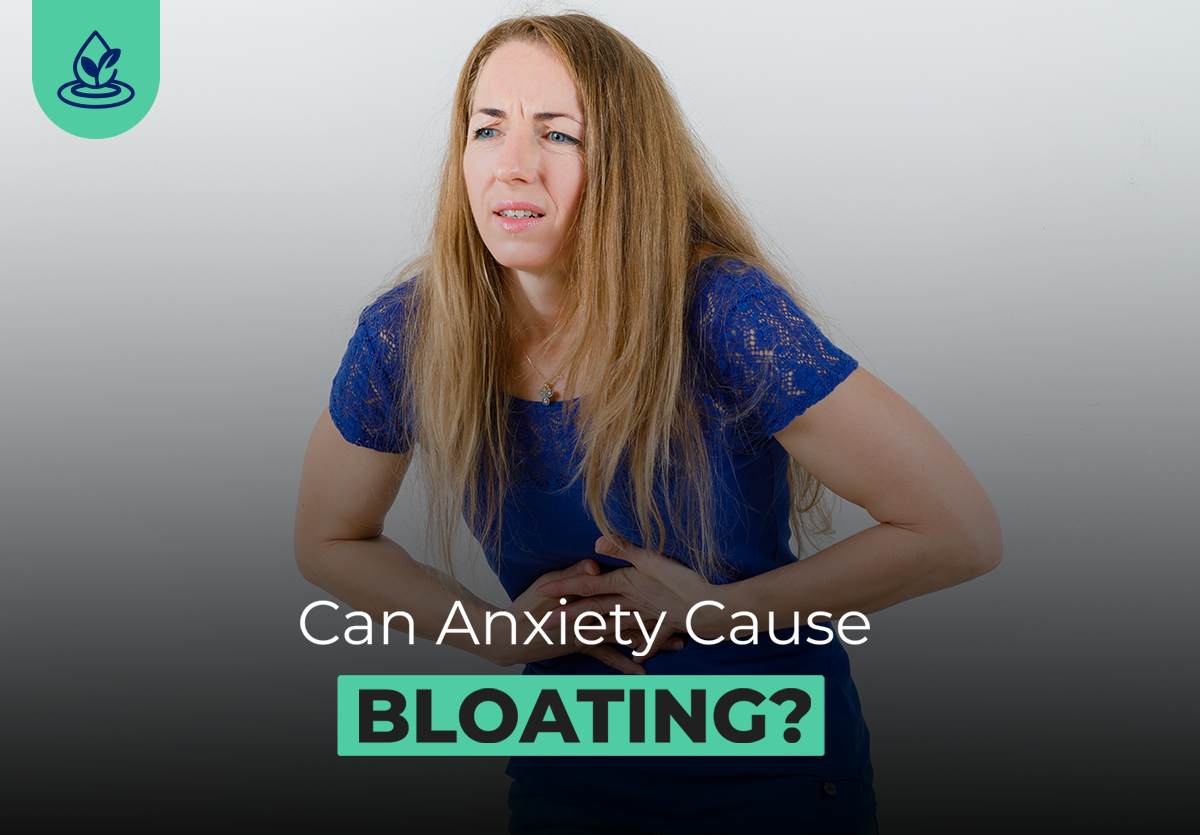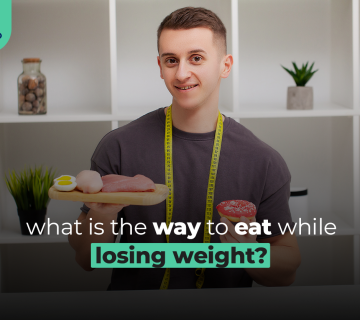Anxiety is a mental health condition that affects millions worldwide. Anxiety changes mental and emotional health. It also shows some physical impact on a person’s life.
One symptom is bloating. It makes the stomach feel swollen and tight, along with discomfort and gas. Anxiety triggers bloating, but what is the actual mechanism behind it?
Choosing the best anxiety medication is vital. It controls symptoms and improves well-being. Therapy, both individual and group, can help manage anxiety. It can provide coping skills and insights. At Atlantis Wellness Center you can find the right treatment.
Let’s find the link between anxiety and bloating. Then, we can explore how to overcome the symptoms.
Understanding the Gut-Brain Connection
To analyze bloating from anxiety, we must know the gut-brain connection. This channel connects the brain and spinal cord to the gut.
When a person experiences stress or anxiety, the brain activates the signals to the gut, which disturbs digestive functions. Such interruption causes numerous gastrointestinal symptoms, namely stress bloated stomach, gas, and even stomach pain.
How Anxiety Leads to Bloating?
Anxiety initiates a “fight or flight” response. It releases stress hormones known as cortisol and adrenaline. Such hormones assist the body to control threats. They maintain heart rates and provide blood to essential organs of the body. They also affect digestion. They slow digestion and change stomach motility.
Sometimes, anxiety makes you breathe fast, known as hyperventilation, and can result in you swallowing more air than usual. This excess air piles up in your stomach, blowing it up like a balloon and leading to uneasiness. Further, anxiety can tighten your muscles. This impacts your belly and guts and can make you feel stuffed. So yes, anxiety can produce muscle tension and make your stomach and gut feel full.
Can Stress Cause Bloating?
Certainly, bloating can be due to stress. The body’s normal digestive system becomes weakened. Digestive muscles contract due to stress. This is the main cause of bloating, gas, and altered bowel habits, such as constipation or diarrhea. Such phenomena are known as “stress bloating”.
Can Bloating Cause Anxiety?
Anxiety and bloating can be interrelated. Bloating and gastrointestinal pain would be a cause of anxiety. People who feel bloated may have concerns regarding their appearance and health. This anxiety can then worsen the bloating. It creates a cycle of anxiety that causes bloating, and bloating increases anxiety.
Can Gas Trigger Anxiety?
People who deal with anxiety also report suffering increased flatulence or gas. This is due to several reasons. First, anxiety can cause hyperventilation.
This allows you to take a greater amount of air, and as a result, increases gas in the stomach and intestines. Likewise, food digestion also altered due to anxiety, causing more gas.
Common symptoms like anxiety, bloating, and gas make patients self-conscious and uncomfortable, worsening their anxiety.
The Role of Diet and Lifestyle
Diet plays a fundamental role in managing bloating connected to anxiety. Some foods are more likely to produce gas and contribute to bloating.
These comprise beans, lentils, carbonated drinks, and certain vegetables like broccoli and cabbage. Those with anxiety-related bloating should check their diet. They should find any foods that may worsen their symptoms.
Along with dietary changes, lifestyle modification can also help. Routine exercise is also beneficial for reducing anxiety and improving digestion.
Exercise helps move gas through the digestive system rapidly and can reduce bloating. Also, yoga and deep breathing can help reduce stress and anxiety. This may improve digestive symptoms.
Relief techniques for stress bloating can be achieved through:
- Physical activities like yoga
- Change in diet
- Sometimes, medication
How to Stop Anxious Stomach?
To deal with an anxious stomach and bloating effectively, consider the following approaches:
- Deep Breathing: Trying deep breathing exercises can calm the nervous system and decrease anxiety levels.
- Mindful Eating: Eating slowly and chewing well can reduce bloating and gas. It lowers swallowed air and improves digestion.
- Hydration: Drinking sufficient water helps control the digestive system moving smoothly, which can avoid bloating.
- Avoid Trigger Foods: Recognize and avoid foods that are known to cause bloating or gas.
- Stress Management: Practicing regular exercise and yoga will help to manage stress and control its impact on the digestive system.
Why Does My Stomach Hurt When I’m Nervous?
Abdominal pain can be triggered by feeling nervous or anxious due to several factors. Stress and anxiety play a vital role in increasing stomach acid, which hurts the stomach lining and causes pain. Also, stress causes to contraction stomach and intestinal muscles to more.
Which leads to cramps and discomfort. Due to such reasons, people go through stomachaches or “butterflies” when they are anxious or nervous.
Conclusion
Can Anxiety Cause Bloating?
Facing bloating? It’s important to know that it’s linked with anxiety, which can help manage symptoms. The impact of stress and anxiety on our gut can be controlled.
How? Through changing your lifestyle, adjusting eating habits, and learning stress management techniques.
If these steps still don’t ease bloating and other stomach issues, seeing a healthcare professional for a detailed checkup and guidance is a great move.
FAQs
Can anxiety lead to stomach bloating?
Yes, bloating in the stomach can be a sign of anxiety. Once you feel anxious, your stress reaction starts working. Your stomach could get messed up, which could lead to gas and bloating. When you have anxiety, your stress response goes into overdrive, which can make digestion issues like bloating and gas happen.
How does anxiety impact the digestive system?
Stress hormones can slow digestion and change gut motility, which can lead to bloating, gas, and other digestive problems. Anxiety sets off the “fight or flight” response.
What is the gut-brain connection and how does it relate to anxiety and bloating?
The gut-brain relationship is the communication network between the brain and the gut. Such connection is disrupted by anxiety and causes gut issues like bloating and abdominal pain.
Can stress and anxiety increase gas production in the stomach?
Yes, gas production increases in the stomach due to anxiety. Anxiety causes hyperventilation, which allows one to swallow more air. It also contributes to slowing the digestion process ultimately causing bloating and gas.
How can I reduce bloating caused by anxiety?
To deal with bloating and anxiety one should:
- Practice Relaxation Techniques: Deep breathing, meditation, and yoga will help to deal with anxiety.
- Eat Slowly and Mindfully: This decreases air ingestion and increases digestion.
- Stay Hydrated: Drinking enough water helps avoid bloating.
- Identify and Avoid Trigger Foods: Beans, lentils, carbonated drinks, and certain vegetables like broccoli and cabbage foods can intensify bloating.
- Engage in Regular Exercise: Regular exercise will help to deal with digestion and reduce stress.







No comment